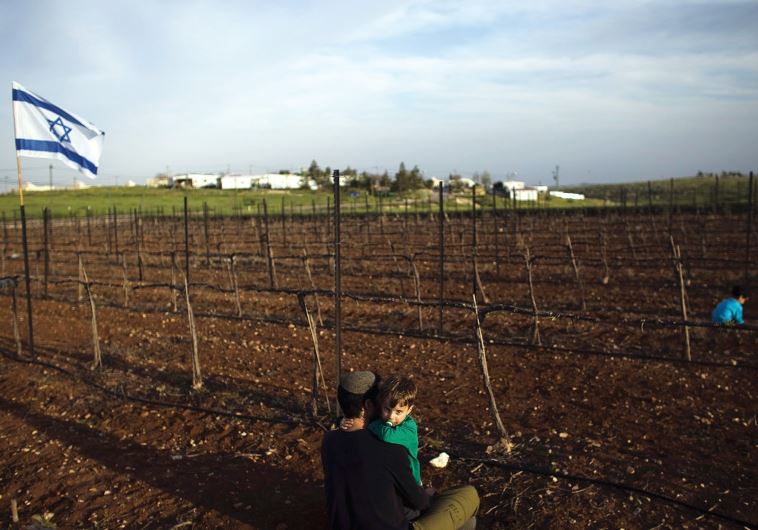Children and the conflict
In this digital age, even geographically distant conflict can feel proximate, touching children who have never personally experienced violence.
 ‘AMERICAN JEWISH children certainly understand that they are not in Israel, but they still feel part of Israel'
‘AMERICAN JEWISH children certainly understand that they are not in Israel, but they still feel part of Israel'